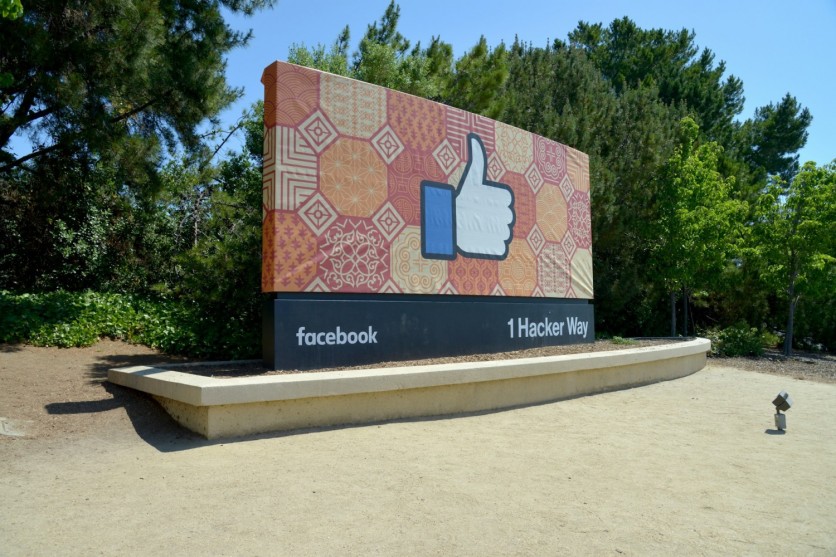Facebook, now under its company Meta, banned Russian state media claiming that the latter is engaging in misleading techniques in order to help spread Russia's propaganda.
Early reports say that this move comes as part of the actions in Meta which has sought to fight covert influence operations originating from Russia. This action elicited a swift reaction from the Kremlin, which called the action wrong.
Meta Goes After Russian State Media

Meta, the parent company of Facebook threatened to block all Russian media outlets on its platforms. These outlets, the company says, have been twisting content to spread propaganda espousing the Russian Federation's views and their war against Ukraine.
According to ABC News, the ban will come into force within the next few days, which will take effect in Meta's efforts to fight fake news.
The social media giant's move comes after a series of sanctions by the US administration against Russia's state-funded media, which has been accused of playing a role in Russia's military action and spreading of propaganda. These schemes aim to destabilize democratic administrations in various world regions, with a focus on Europe, Africa, and South America.
"After careful consideration, we expanded our ongoing enforcement against Russian state media outlets: Rossiya Segodnya, RT, and other related entities are now banned from our apps globally for foreign interference activity," Meta said in a prepared statement.
Kremlin's Backlash: Moscow Vents over Meta's Action
Meta's announcement was met with an instant response from the Kremlin, The actions were described as 'unacceptable.' The spokesman for the Kremlin, Dmitry Peskov expressed his disapproval towards Meta saying that such selective actions 'discredit' it. This, according to Peskov, will complicate relations between Russia and Meta going forward.
U.S. Sanctions and Allegations Against Russian Media
Meta's move comes after the US government enhanced its investigations on Russian media outlets.
On the previous week, the US authorities unveiled a new batch of restrictions against RT which simultaneously accused the outlet of constituting a part of Russia's military-industrial complex.
Some of these officials alleged that RT not only broadcasts fake news that is friendly to the Kremlin but also engages in fundraising for Russia's military operations, including offering sniper rifles and body armor to Ukrainian soldiers.
Also, the US authorities reported that RT websites, which were disguised as credible news outlets, were playing the role of propagandists in the international arena.
This year in June, two employees of RT were accused of providing a content creation company in Tennessee with $1.25 million; the company allegedly specialized in producing English language material popularising Kremlin-oriented messages.
Previous Attempts Made by Meta to Combat Russian Propaganda
Meta has been actively seeking to restrict Moscow's internet presence for a couple of years. Since the year 2020, it has flagged content from state-funded media organizations such as RT and Sputnik.
The app maker has shut down Russian state media from advertising for their pages and has reduced their content's share in the feed in 2022. Meta also denied access to RT's channels for EU audiences together with other similar platforms like YouTube and TikTok.
Meta's latest move is in line with its efforts to curtail Russian disinformation channels. A Russia-based network that posted fake news about the invasion of Ukraine was dismantled by Meta in 2022.
Russia Labels Meta an 'Extremist Group'
However, Meta tried to fight this by banning Russian State media from its platforms; in response to this Moscow declared the company an 'extremist' organization in March 2022, right after Russia invaded Ukraine.
In turn, Facebook and Instagram were banned in Russia. The two, among other social media platforms, as well as Elon Musk's X which used to be called Twitter, were some of the most commonly used in the country before the ban.
Now, such platforms are only available for Russians practically with the help of a VPN connection.

![Apple Watch Series 10 [GPS 42mm]](https://d.techtimes.com/en/full/453899/apple-watch-series-10-gps-42mm.jpg?w=184&h=103&f=9fb3c2ea2db928c663d1d2eadbcb3e52)


